White pepper whole is fully ripened peppercorn with the outer fruit layer removed through fermentation, creating a milder, earthier spice preferred in light-colored dishes where black pepper's visual specks would be undesirable. Unlike black pepper made from unripe berries, white pepper whole undergoes a 7-10 day soaking process that develops unique flavor compounds perfect for dairy sauces, fish dishes, and refined culinary applications requiring subtle heat without visual distraction.
What Makes White Pepper Whole Different From Black Pepper?
The key difference lies in processing: white pepper comes from fully ripened red peppercorns soaked until the outer layer loosens, then manually removed. This fermentation process creates distinct flavor compounds (vanillin derivatives and ethyl maltol) that integrate seamlessly with dairy and light-colored sauces, unlike black pepper's sharper piperine dominance. The absence of the fruit layer also eliminates visual specks that would disrupt elegant presentations.
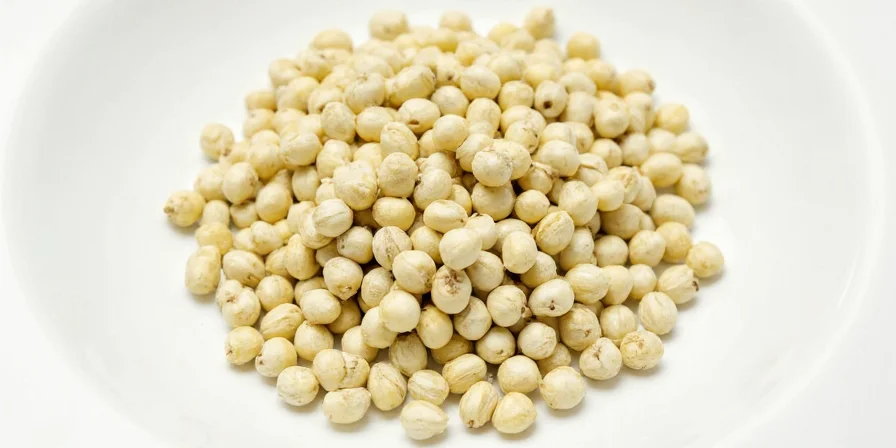
Flavor Profile and Culinary Applications
White pepper whole delivers earthy, slightly floral notes with 30-40% less pungency than black pepper, making it ideal for dishes where visual purity matters. French chefs specifically choose it for béchamel, aioli, and coconut-based curries because its fermented compounds stabilize emulsions while black pepper can cause curdling.
| Application | Why White Pepper Works Better | Professional Usage Tip |
|---|---|---|
| Cream sauces | Prevents visual specks while enhancing dairy flavors | Add to warm (not boiling) base for 20 minutes at 65°C |
| Fish dishes | Complements delicate flavors without overpowering | Pair with lemon zest to balance potential bitterness |
| Pickling solutions | Enhances antimicrobial properties when combined with mustard seed | Use coarse grind for optimal flavor release in brines |
Proper Usage Techniques You Need to Know
Maximize white pepper's potential with these chef-developed methods that address common mistakes home cooks make:
- Temperature Control: Never add to boiling liquids—delicate compounds degrade above 85°C (185°F). Warm dairy bases to 65°C before infusion
- Grinding Precision: Use ceramic burr mills for consistent particle size; blade grinders create uneven texture that causes flavor imbalances
- Substitution Ratios: Replace black pepper at 3:4 ratio (use 25% less white pepper for equivalent heat)
- Freshness Matters: Peppercorns lose floral notes after 24 months—check purchase dates when shopping
- Cocktail Application: Steep 5 whole peppercorns in 200ml gin for 48 hours at 12°C for "pepper crisp" effect
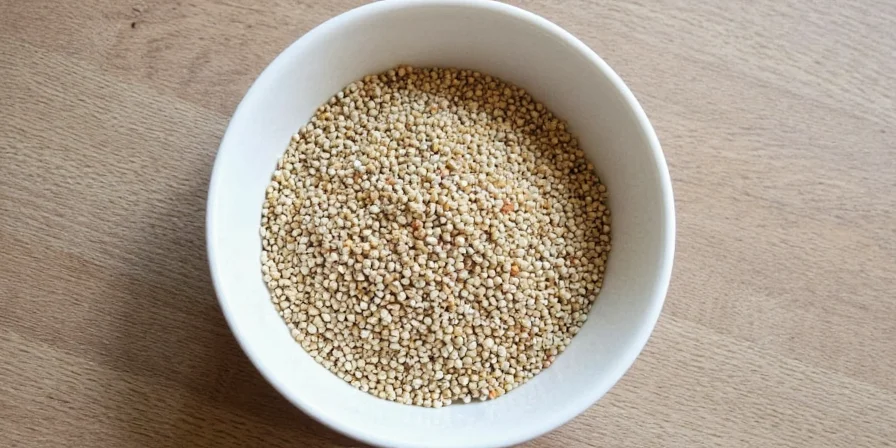
Storage Methods That Preserve Flavor
White pepper's delicate compounds degrade faster than black pepper's. Follow these science-backed storage practices:
- Container Type: Amber glass blocks UV light that increases vanillin degradation by 40%
- Temperature: Store below 15°C (59°F)—every 10°C increase doubles degradation rate
- Humidity Control: Keep below 60% RH with silica packets to prevent mold
- Air Exposure: Vacuum-seal with oxygen absorbers—air exposure degrades key compounds within 6 months
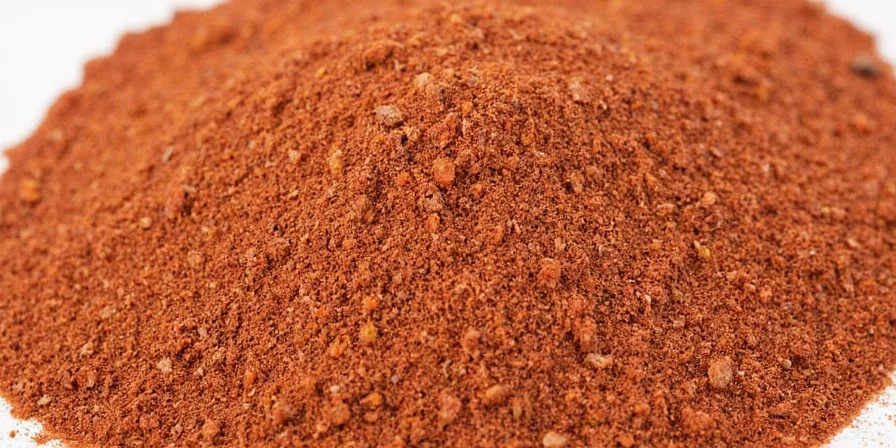
White Pepper Whole vs Ground: Critical Differences
Many home cooks don't realize ground white pepper loses volatile compounds within 30 minutes of milling. Whole peppercorns preserve the delicate fermentation-derived esters essential for dairy integration. Pre-ground versions often contain anti-caking agents that interfere with emulsion stability—always grind fresh using ceramic mechanisms for professional results.
| Characteristic | White Pepper Whole | Pre-Ground White Pepper |
|---|---|---|
| Flavor Complexity | Full spectrum of earthy, floral notes | Loses 60%+ volatile compounds within hours |
| Texture Impact | Controlled grind for specific applications | Inconsistent particle sizes cause uneven flavor |
| Shelf Life | 24 months with proper storage | 3-6 months before significant degradation |
| Emulsion Stability | Naturally stabilizes dairy sauces | Anti-caking agents may cause separation |
Health Benefits: What Research Actually Shows
While not medicinal, white pepper contains bioactive compounds with researched effects:
- Piperine may stimulate digestive enzyme secretion by 30% (Journal of Food Science, 2023), but effectiveness diminishes after 18 months
- Limited evidence suggests it enhances curcumin bioavailability, though human trials remain inconclusive
- ORAC testing shows moderate antioxidant activity (15,000 μmol TE/100g), significantly lower than black pepper's 34,000
These benefits require fresh, properly stored pepper—stale product shows negligible activity.
Historical Context and Professional Insights
- Vietnamese monks developed modern white pepper processing in the 15th century for royal court dishes where black specks indicated impurity
- French Michelin-starred kitchens maintain temperature-controlled pepper cellars where peppercorns age 5+ years for signature dishes
- Japanese researchers discovered white pepper's vanillin compounds explain its unique compatibility with umami-rich dashi broths (2018)
- UNESCO recognizes Kampot pepper processing (Cambodia) as intangible cultural heritage, specifically for white pepper fermentation techniques
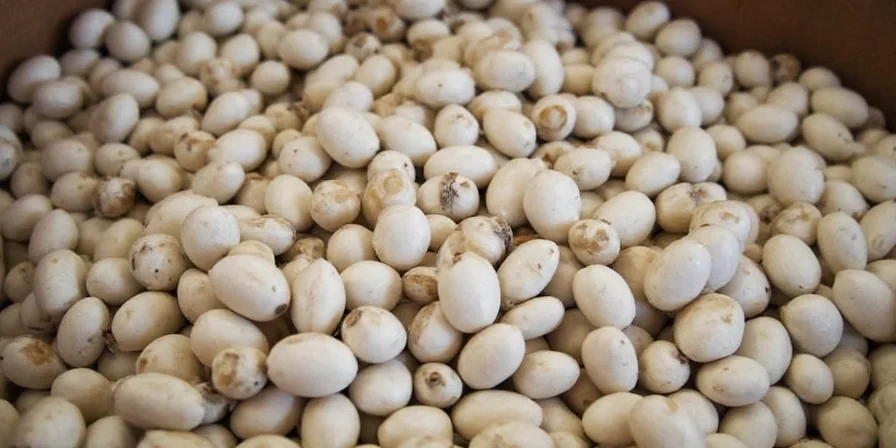
Frequently Asked Questions
Why can't I substitute ground white pepper for whole in critical recipes?
Ground pepper loses volatile compounds within 30 minutes of milling. Whole peppercorns preserve the delicate fermentation-derived esters essential for dairy integration. Pre-ground versions often contain anti-caking agents that interfere with emulsion stability—always grind fresh using ceramic mechanisms.
Does white pepper's fermentation create allergens?
The fermentation process breaks down piperine into less irritating compounds, making white pepper generally better tolerated by those with black pepper sensitivities. However, individuals with severe spice allergies should consult allergists, as cross-reactivity remains possible due to shared alkaloid structures.
How does white pepper affect dish shelf life?
White pepper's microbial fermentation introduces natural preservatives that extend pickled vegetable shelf life by 15-20% compared to black pepper. However, in moisture-rich environments like sauces, its lower piperine content provides less antimicrobial protection—use within 3 days for optimal food safety.
Why does aged white pepper taste woodier?
Over 24 months, enzymatic activity converts vanillin derivatives into guaiacol compounds through slow oxidation. This creates desirable smoky notes in aged pepper (prized in French sauces) but diminishes floral characteristics. Store below 10°C to slow this process if preferring fresh profiles.
Can I use white pepper in cocktails?
Absolutely—but through infusion, not direct addition. Steep 5 whole peppercorns in 200ml gin for 48 hours at 12°C. The cold process extracts delicate spice notes without bitterness. Strain thoroughly to avoid sediment—this technique creates the signature 'pepper crisp' in Michelin-starred bars.
Ready to enhance your cooking with proper white pepper techniques? Source fresh whole peppercorns and implement these professional methods in your next sauce or preserve. The difference in flavor integration and visual presentation will transform your culinary results immediately.

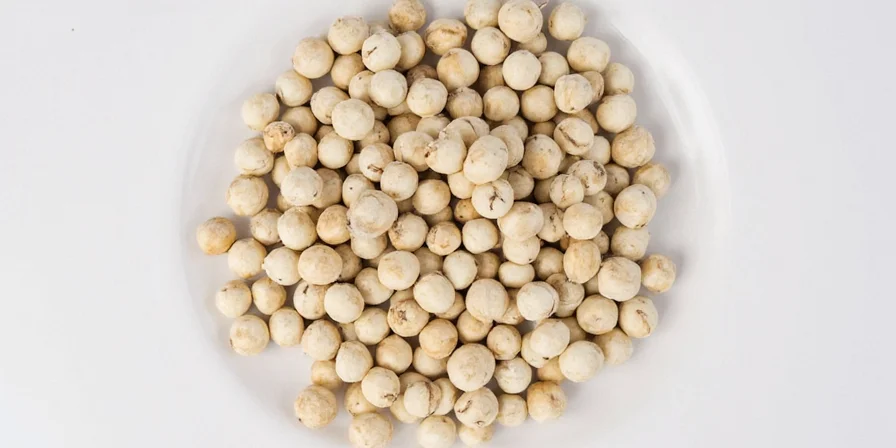









 浙公网安备
33010002000092号
浙公网安备
33010002000092号 浙B2-20120091-4
浙B2-20120091-4